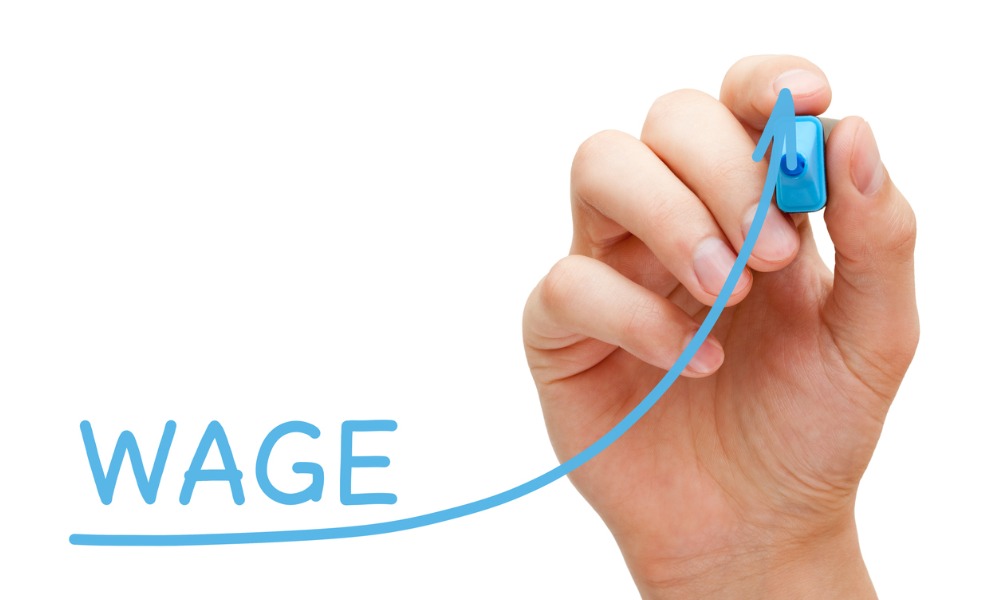How do you get staff to completely unplug from work?

Gen Z employees are the least likely cohort to "completely unplug" from work in the coming months, according to a new survey, which uncovered the potential reasons that are holding the group of employees back from taking time off.
On average, only 62% of US professionals said they want to completely disconnect from work and take a break this year, found LinkedIn's survey among 9,461 professionals in the US
However, only 58% of Gen Zs plan to take some vacation in the next few months, compared to other generations:
- Millennials (64%)
- Baby Boomers (64%)
- Gen X (62%)
The trend of employees not taking their paid time off has also been observed in other parts of the world. In Australia, 75% of employees weren't using their annual leave in the past year. In New Zealand, 52% of employees are still going to work despite feeling sick.
In Southeast Asia, 71% of employees surveyed last year also admitted that they chose not to take a sick leave despite feeling physically unwell, while 65% said they didn't take a leave despite not feeling good mentally.
Economy, guilt affecting time-off plans
According to the survey, 31% of Gen Zs cited the state of the economy for their lack of vacation plans this year, just slightly higher than their Millennial (30%) and Gen X (30%) counterparts.
Gen Zs who do push through with their break, however, still struggle to completely unplug from their work, the survey revealed.
For 35% of Gen Z employees, they feel guilty for not working when they are on vacation, compared to:
- 32% of Gen X
- 30% of Millennials
- 22% of Baby Boomers
George Anders, LinkedIn's senior editor at large, told CNBC that this could be because Gen Z employers are capable of multitasking.
"Gen Z is a generation that multitasks like no one else, so the feeling of being totally unplugged can be an adjustment," Anders told CNBC in an interview.
How to completely unplug on vacation
To reduce workload anxiety while on break, Anders recommended planning in advance.
According to Anders, a conversation should be held between employers and their employees about what tasks need to be completed before taking time off, what can be delegated to colleagues, and what tasks can wait until office return.
A transition back to work after a break can also help, according to Anders, who also assured that an organisation can continue running while an employee is on break.
"Sometimes it's just about having humility knowing your that while your work is important, it's not as if the organisation will grind to a halt when you're not working there," he told CNBC. "The work will get done."
Other measures employers could carry out include fostering a culture where employees feel comfortable taking time off and demonstrating healthy work boundaries.








